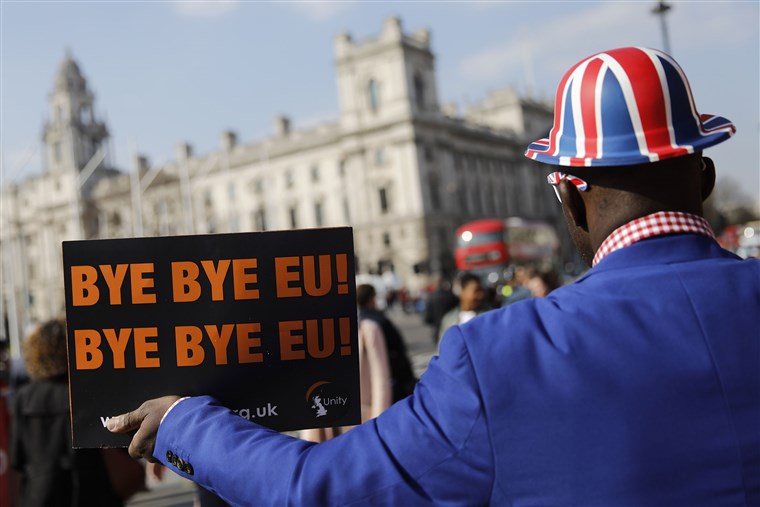At the blog of the Canada-based Social Justice Center, Alberto Toscano, a sociologist and theorist at Goldsmiths in London, reflects on the multiple and conflicting temporalities at play in the UK’s never-ending Brexit crisis. As Toscano writes, this protracted drama involves the varied temporarilities of nations, of capital and class, of race and identity – all flowing together to produce wildly divergent understandings of what exactly is at stake in Brexit. Check out an excerpt from the piece below.
Deal or no deal, it is evident that the political and social crisis crystallising around Brexit is not going to be resolved – whether in a palliative or catastrophic manner – precisely because it is not one crisis but many (or, perhaps more accurately, many-in-one), all of which have their own rhythms, their own temporalities, which seem to evade any synchronisation. It is one of the lasting discoveries of critical theories and anthropologies that human beings live in a multiplicity of uneven, and sometimes incompatible, times. Writing in the 1930s, the German philosopher Ernst Bloch, talked of the non-contemporaneity of the contemporaneous, and of the emergence of ‘non-synchronous people’, to grasp how the German petty-bourgeoisie could simultaneously inhabit a technologically complex capitalist society and entertain racial fantasies and feudal dreams (as he quipped: ‘Peasants sometimes still believe in witches and exorcists, but not nearly as frequently and as strongly as a large class of urbanites believe in ghostly Jews and the new Baldur’). Notwithstanding its reputation for phlegmatic empiricism, its self-image as averse to the violent enthusiasms and fanatical beliefs raging across the Channel (or the Eurotunnel), the United Kingdom – but especially England – is a deeply non-synchronous place. Living in an old country – to borrow the title of an insightful book about struggles over the nation’s past – also means living in a place with a lot of unfinished, or unfinishable, business.
Image via NBC News.
